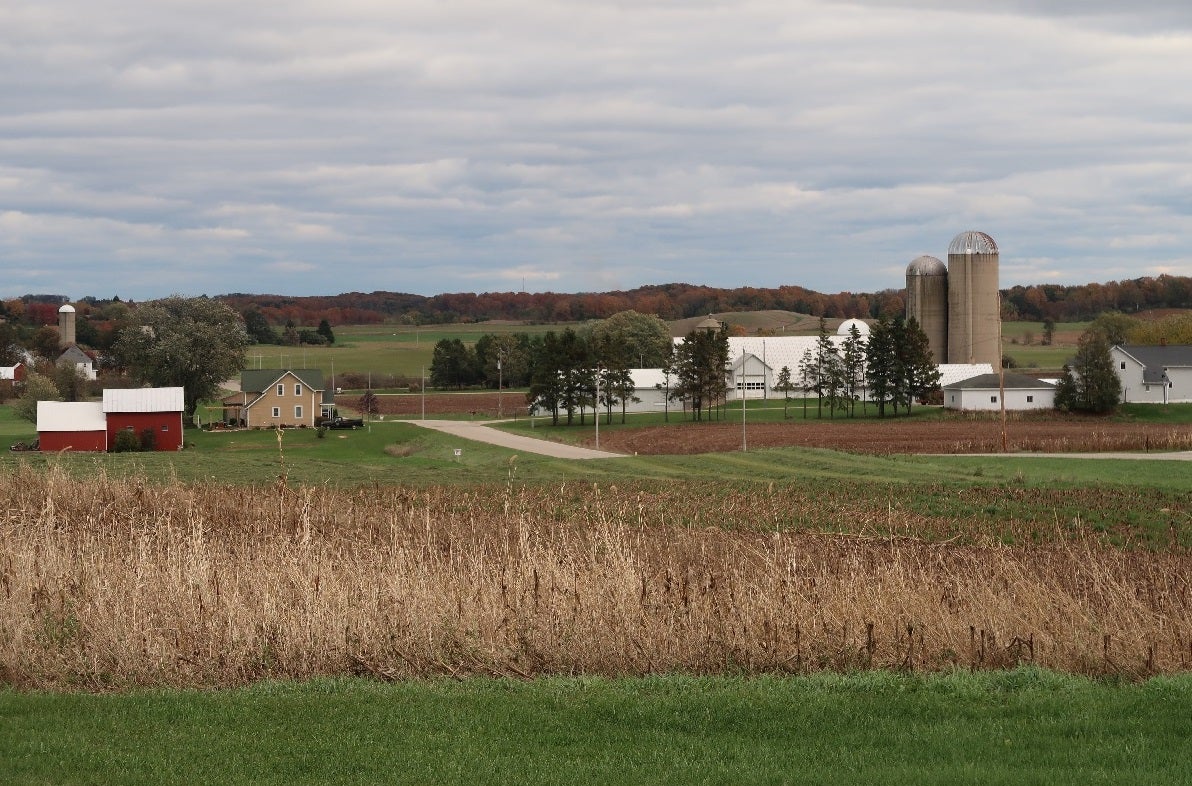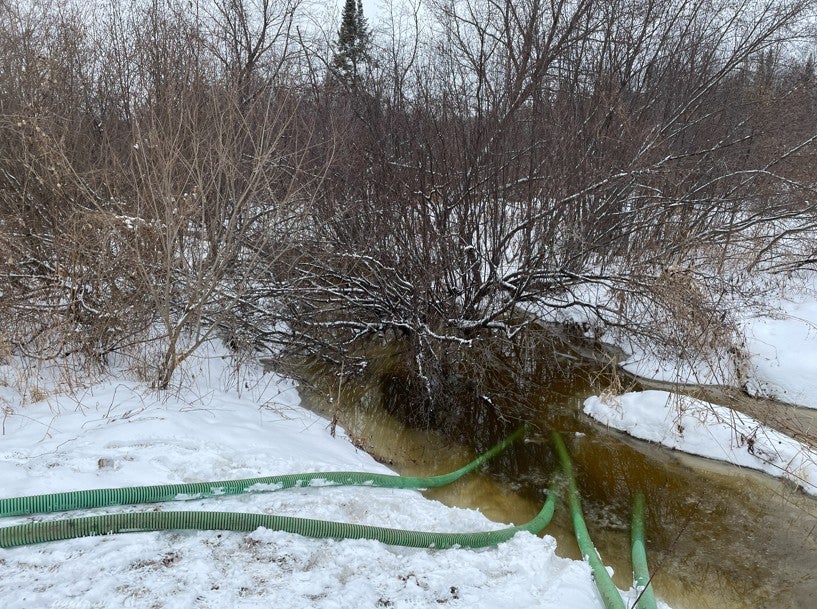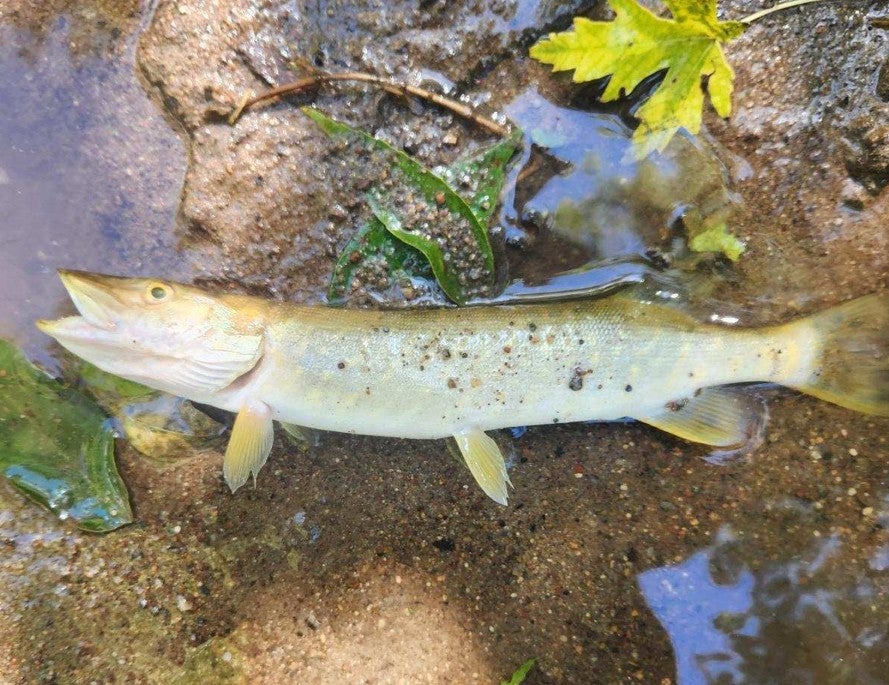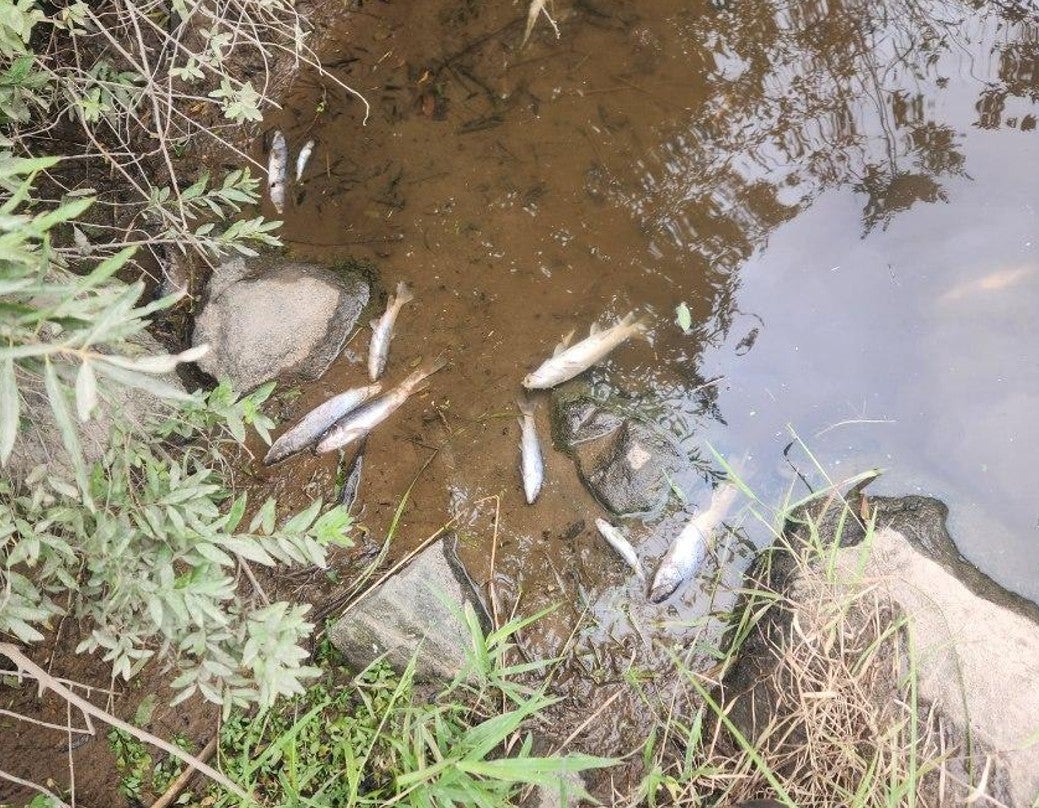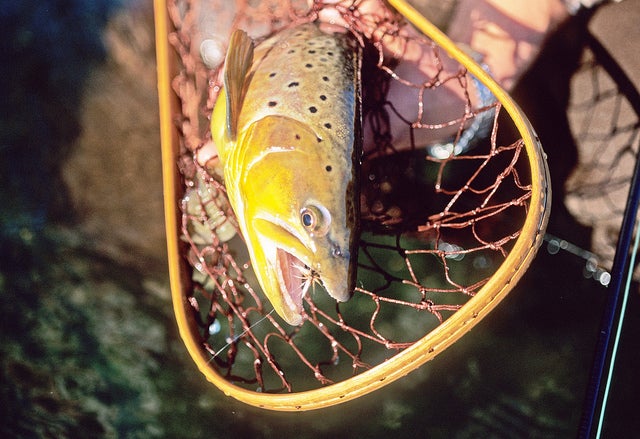Extremely wet weather has put much of Wisconsin at high risk for manure runoff over the next few days. Record-setting rains and saturated soils are making it difficult for some farmers who have been waiting for a safe window to spread on fields.
Last month was one of the five wettest Septembers on record for the state, according to the Midwestern Regional Climate Center. Northeastern Wisconsin was among the areas hardest hit, including Green Bay, which has already set a new record for rainfall this year. Green Bay saw 9.37 inches of rain last month, surpassing the record of 7.8 inches in 1965. Other areas, including Appleton, Oconto, Peshtigo and Marinette, had record rainfall for September.
“We maybe had a handful of five or so spills/runoff events here alone in northeast primarily due to the saturated soils we had,” said Joe Baeten, northeast runoff supervisor with the Wisconsin Department of Natural Resources.
News with a little more humanity
WPR’s “Wisconsin Today” newsletter keeps you connected to the state you love without feeling overwhelmed. No paywall. No agenda. No corporate filter.
In August, the Kewaunee County Public Health Department issued a drinking water advisory to residents after heavy rains contributed to manure runoff from farms, according to the Green-Bay Press Gazette.
“We have to find a way through these high moisture conditions,” said Don Niles, president of Peninsula Pride Farms.
The farmer-led group met with local and state officials in northeastern Wisconsin recently to discuss ways to work through wet conditions, which is causing challenges with harvesting crops and spreading manure safely.
“We’ve not been able to get the corn/sileage off nor the other crops in order to make those applications. A lot of farmers have been waiting for weather conditions to improve so they can get that manure out there,” said Kevin Erb, conservation professional training coordinator with the University of Wisconsin-Madison Division of Extension.
The problem is that window is narrowing. Erb said more than 70 percent of livestock farms have manure storage in the northeastern part of the state.
“We know that a number of farmers are not going to have enough storage to get through the winter months or to get through the next couple of months to make application,” he said.
Farmers are being advised to spread on fields that are at low risk for runoff, split applications of manure and seek out other options for storage. Erb said looking at farms that have recently shut down operations may provide the most practical alternative.
However, Baeten said farmers are leery of resorting to storage that hasn’t been used and potential unknowns about its condition. He said some farms are transferring manure between pits until it’s dry enough to spread.
“Most years there’s been a lot of transference that occurs just because one farm will have more capacity than another, and that’s just a good example of farmers working together not as competitors but collaborators to help each other out,” said Niles. “This year is no exception to that. Probably with the moisture, there might be more of those situations occurring.”
Niles said producers are working together and sharing resources to limit added expenses as the wet weather is likely to require more time, people and equipment. In the long-term, he said farmers will need to become more creative in finding ways to reduce and better manage storm water within their operations to avoid it becoming part of their storage.
“I do ultimately think as we experience greater weather extremes (that) keeping our soil covered more with cover crops, reduced tillage and no till will give us at least some additional resilience,” said Ryan Erisman, nutrient management specialist with the Wisconsin Department of Agriculture, Trade and Consumer Protection.
Niles agreed that cover crops have helped, but he said the wet weather has made it difficult to establish them this year.
Wisconsin Public Radio, © Copyright 2026, Board of Regents of the University of Wisconsin System and Wisconsin Educational Communications Board.

